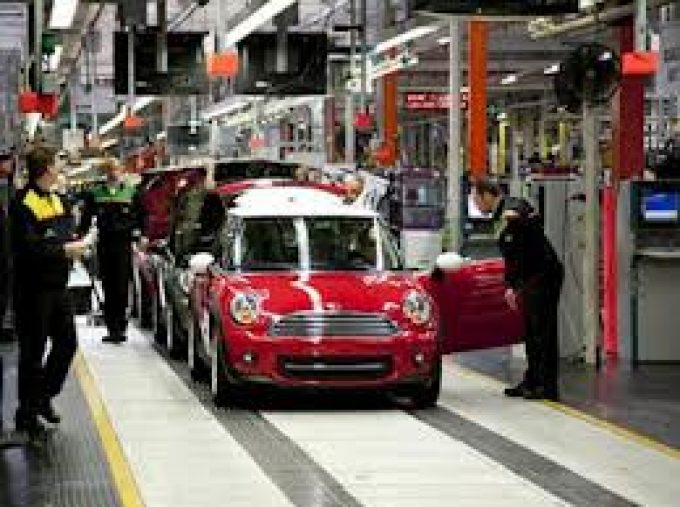'Challenging' Q3 for DFDS – and weaker demand expected to continue
Danish ferry and road freight operator DFDS saw weaker road freight demand across Europe in ...
FDX: ABOUT USPS PRIVATISATIONFDX: CCO VIEWFDX: LOWER GUIDANCE FDX: DISRUPTING AIR FREIGHTFDX: FOCUS ON KEY VERTICALFDX: LTL OUTLOOKGXO: NEW LOW LINE: NEW LOW FDX: INDUSTRIAL WOESFDX: HEALTH CHECKFDX: TRADING UPDATEWMT: GREEN WOESFDX: FREIGHT BREAK-UPFDX: WAITING FOR THE SPINHON: BREAK-UP ALLUREDSV: BREACHING SUPPORTVW: BOLT-ON DEALAMZN: TOP PICK
FDX: ABOUT USPS PRIVATISATIONFDX: CCO VIEWFDX: LOWER GUIDANCE FDX: DISRUPTING AIR FREIGHTFDX: FOCUS ON KEY VERTICALFDX: LTL OUTLOOKGXO: NEW LOW LINE: NEW LOW FDX: INDUSTRIAL WOESFDX: HEALTH CHECKFDX: TRADING UPDATEWMT: GREEN WOESFDX: FREIGHT BREAK-UPFDX: WAITING FOR THE SPINHON: BREAK-UP ALLUREDSV: BREACHING SUPPORTVW: BOLT-ON DEALAMZN: TOP PICK

Brussels-based research group Bruegel has claimed that a hard Brexit and reversion to World Trade Organization tariffs would add $4.5bn to supply chain costs in the automotive sector, according to this report on Bloomberg.
The review, conducted by Alicia García-Herrero and Jianwei, said the UK would be better off continuing to pay fees to the European Union rather than forfeit access to the single market and subject manufacturers to these tariffs.
The $4.5bn equates to half of the country’s current annual net contribution to the EU, and would include a 10% tariff on cars and a 2% to 4% fee on car parts that pass across EU and UK borders.
“The best strategy for the UK following Brexit is clearly to stay within the EU single market,” the researchers said.
“This would be the case even at the cost of paying the same contributions to the EU as a full member, because it would be more costly to compensate firms for all related tariffs in order to sustain the existing global supply chain located in the UK.”
Comment on this article